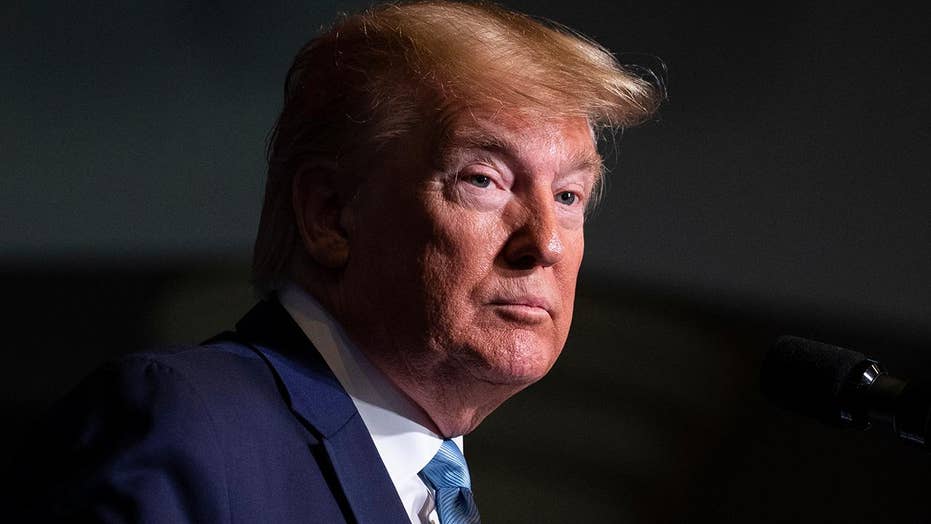
Lauren Graham, Rose Leslie and Annabelle Wallis wore gowns from Lebanese designers. AFP
DUBAI: The awards season kicked off Sunday night with the 77th Annual Golden Globes at Los Angeles’ Beverly Hilton Hotel. Hosted by Ricky Gervais, the ceremony awarded the year’s best and brightest in television and film, as decided by the Hollywood Foreign Press Association. Honored actors included Egyptian-American Ramy Youssef, who took home the award for Best Actor in a Comedy Series, making him the second consecutive actor of Arab descent to win the prestigious accolade.
But it wasn’t just Arab actors that got us talking; the elegant and glamorous dresses on the red carpet that were created by our region’s talent were worthy of their very own awards too. “Game of Thrones” actress Rose Leslie arrived on the red-carpet arm-in-arm with her co-star and real-life husband Kit Harrington wearing an emerald beaded long-sleeved evening gown with a sheer skirt from Lebanese couturier Elie Saab — whom she tasked with creating her wedding dress in 2018.












